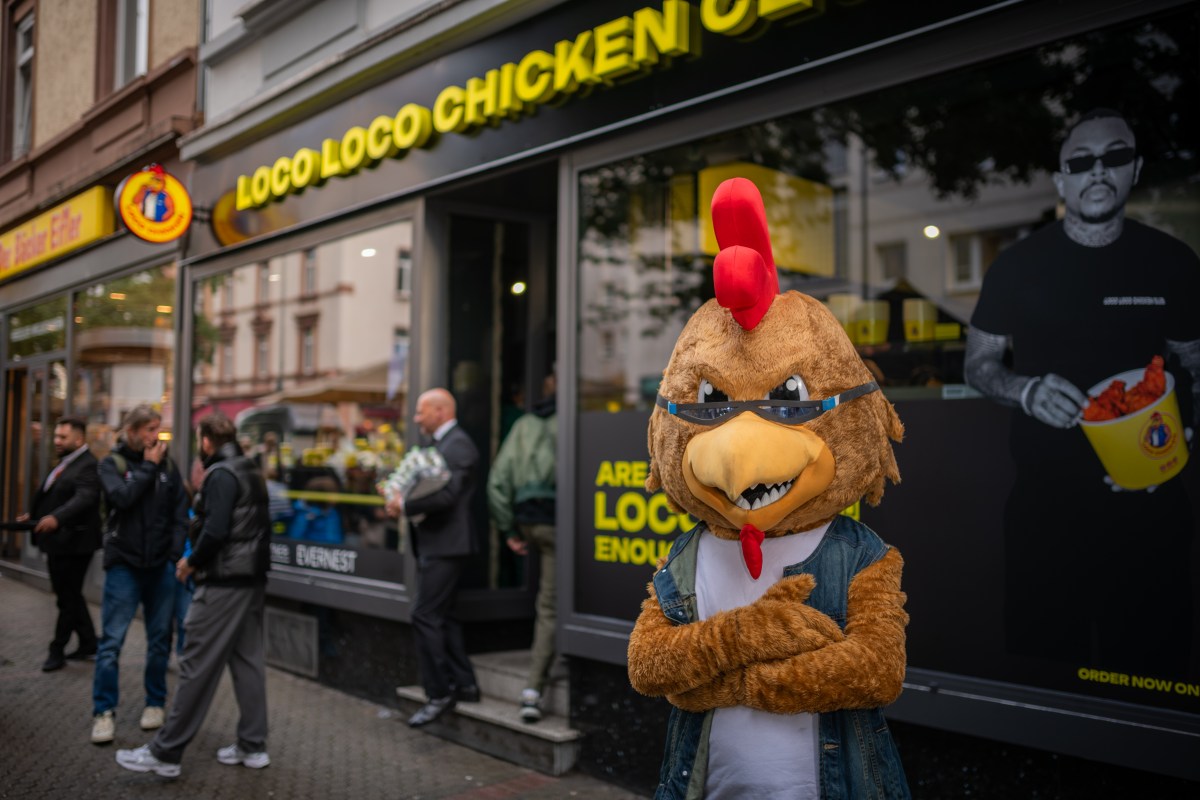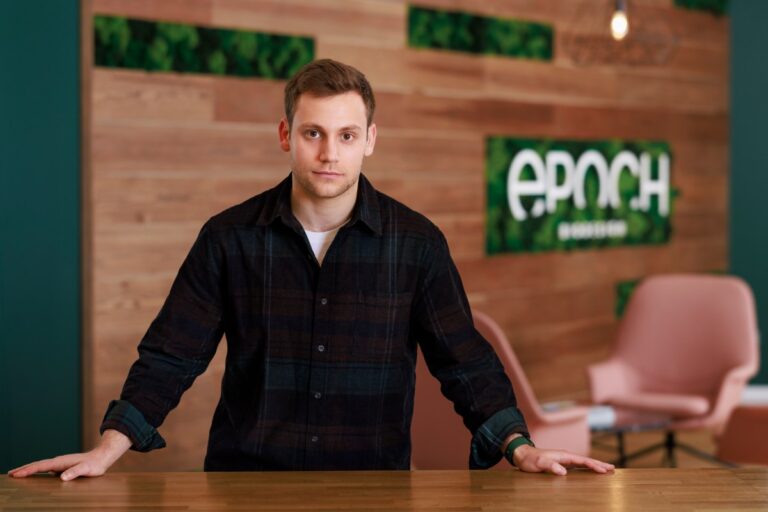Lanch Bags $27M to Revolutionize Fast Food with Social Media Twist
In the dynamic world of e-commerce startups, food-based ventures are rapidly gaining traction and attracting significant funding. Investors are increasingly drawn to sustainable consumer concepts that promise scalability without substantial financial strain. Recently, Germany’s Lanch successfully secured €26 million (approximately $27 million) in funding to further its innovative approach in the food industry.
Funding Success for Lanch
The Series A funding round was co-led by Felix Capital and HV Capital. Although Lanch has not disclosed its valuation, it is reported that this represents an up-round for the startup. To date, Lanch has raised around $34 million, including this recent round, positioning its valuation between $100 million and $150 million based on typical Series A multiples.
Expansion Plans and Brand Development
In an interview, co-founder and CEO Nono Konopka shared insights about Lanch’s future. The company aims to utilize the new funding to expand its operations within Germany before venturing into additional markets. So far, Lanch has successfully launched three brands:
- Loco Chicken
- Happy Slice Pizza
- Happy Chips (potato chips)
Innovative Marketing Strategies
Lanch employs a unique strategy that integrates data collection from social media and online activities to identify market gaps. The startup collaborates with influencers to promote and endorse its food products, which has proven to be an effective method for brand awareness.
Since its commercial launch a year and a half ago, Lanch has expanded to 350 ghost kitchens, primarily selling through food delivery platforms like Lieferando and Walt. The popularity of its offerings, particularly Loco Chicken, has driven impressive sales.
Viral Marketing Success
Leveraging partnerships with prominent personalities in the German social media landscape has resulted in several viral marketing victories. Notably, Lanch sold approximately 30,000 pizzas during the launch weekend of Happy Slice, aided by influencers such as Knossi and Trymacs. Additionally, the debut of its first physical Loco Chicken shop attracted massive crowds, necessitating police intervention.
Future Aspirations and Market Positioning
“Half of the population in Germany knows our brands,” Konopka remarked, emphasizing the company’s ambition to establish a presence akin to Raising Cane’s or Chick-fil-A. He also noted that Happy Chips are now available in over 10,000 supermarkets, with plans to announce another snack product soon.
Data-Driven Decision Making
Konopka positions Lanch as a technology-driven company, highlighting the importance of data in making informed decisions. “It’s incredibly hard to figure out where to open a restaurant, but we have 350 delivery locations, which provide us with valuable data on consumer preferences,” he explained. This data-driven approach not only aids in identifying ideal restaurant locations but also informs product development based on consumer tastes.
Challenges in the Food Tech Sector
Despite Lanch’s promising trajectory, the food tech industry has faced challenges, with many fast-delivery startups and direct-to-consumer (D2C) food companies struggling to achieve sustainable growth. Felix’s Frederic Court noted that the downfall of many D2C startups stems from costly marketing strategies that undermine profitable unit economics. Lanch’s efficient cost structure has made it an attractive option for investors.
As Lanch continues to navigate the evolving landscape of e-commerce and food technology, its innovative approach and strategic partnerships position it well for future success.







